
2022 in Review: Winners and Losers - Article
by Taneli Palola , posted on 02 January 2023 / 6,248 ViewsAs I've done several times now, at the end of each year I like to take a look back at the previous 12 months and see both the good and the bad that we were witness to in that time in the video game industry. Of course, as tends to all too often be the case these days, finding the worst parts of the year is disappointingly easy, while digging for the genuinely great things that have happened feels like an insurmountable task sometimes. Yet, here we are again, tallying up the winners and losers of 2022 from the world of video games. As always, this is less about individual games and how great or awful they were, and more about the industry as a whole.
Winners
NFTs and Blockchains Dying a Slow, Hilarious Death
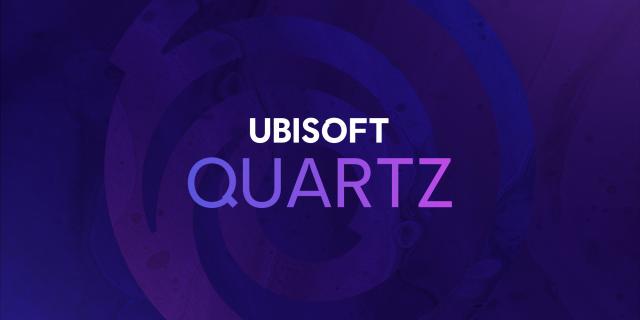
If there's one significant positive from 2022 that we've seen, it's that the NFT and blockchain grace seems to finally be on the verge of dying out. People have seemingly realized just what kind of a sham the whole concept is, and are steering clear of any game that attempts to cash in on them.
Naturally, NFT video games still remain a presence within the industry, and it's unlikely that they'll completely disappear anytime soon - if ever - but at least within and around the AAA industry they've failed to gain any kind of significant foothold. In general, most gamers outside of the NFT 'evangelists' seem to be quite vary of any newly announced title featuring them in any capacity, and that's always good to hear. Still, that hasn't stopped many a publisher trying its hand at selling NFTs regardless, but we'll get to that in due time.
Capcom Increasing Base Salaries
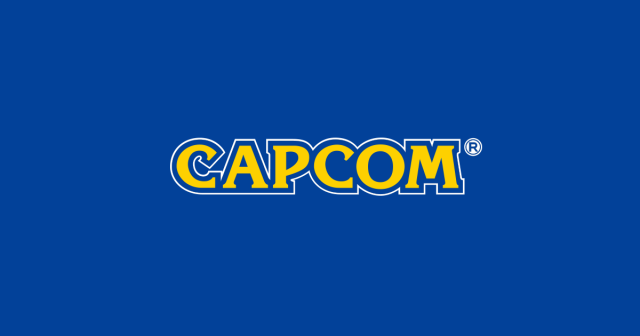
The video game industry is a harsh place to work for a vast number of people, as stories of physical and mental abuse, inhumane working hours, sexual harassment, and general mistreatment are all too common. As such, it's nice to hear when a company actually does something good for its workers, and earlier this year Capcom did just that, raising its employee base salaries by an average of 30% in Japan. Obviously, it's a single company, but one step in the right direction is still better than none. As time passes, perhaps we'll see other companies following in Capcom's footsteps.
Video Game Workers Succesfully Voting for Unions
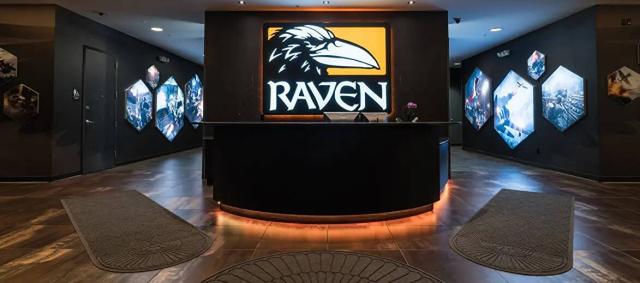
Workers' rights in the video game industry in general took some decent steps forwards this year, with several groups voting to start unions within various different companies. This industry isn't exactly known for treating its workers well, so it's nice to see the workers themselves taking the initiative on the matter and pushing for better working conditions in the future. The most notable example is probably Raven Software. Of course, some game companies aren't very happy about the idea of their exploited workers gaining more rights, but what else would you expect from the likes of Activision-Blizzard, which among other things illegally withheld raises from unionising workers. Despite various obstacles being raised in front of them, several new unions have sprung up in 2022, perhaps paving the way for some significant changes within the industry in the years to come.
Video Game Companies Standing Up for Human Rights

Another nice thing to see from an industry that has historically had many shortcomings when it comes to protecting the people who work within it, is the reaction of quite a few video game companies to the abortion rights debacle in United States. While many indie developers and smaller studios quickly voiced their concern and support for human rights, the first big studio to do so was Bungie, which among other things has promised to cover the costs of anyone who needs to travel to another state to receive the care they need.
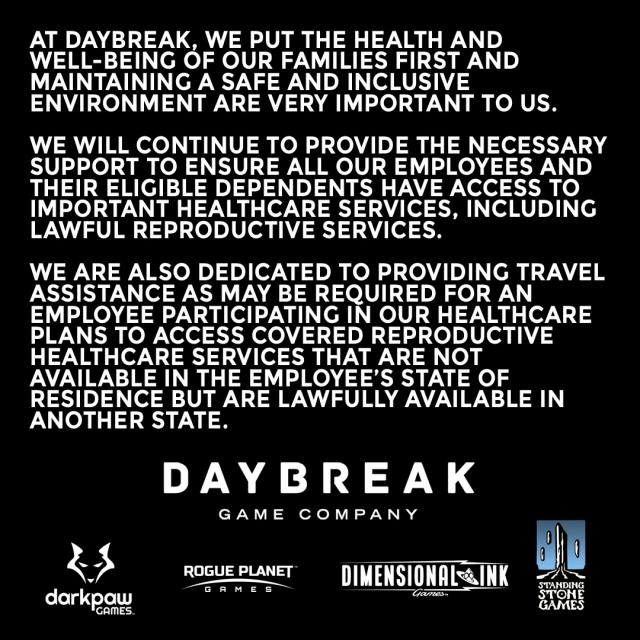
Several other developers and publishers later followed suit. In addition, Bungie has also raised money for hospitalized children through its own Bungie Foundation, showing that despite the many awful things that keep happening within this industry, there are still good and positive things that can be highlighted as well.
Losers
The Consolidation of the Video Game Industry
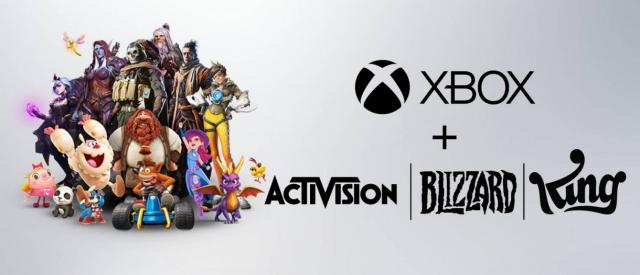
The constant threat of video game developers and publishers being bought out by bigger companies is slowly degrading the diversity and variety we see in new video game releases, especially from the AAA side of the industry. Whether it's Microsoft buying Activision-Blizzard, Sony taking over Bungie, Tencent slowly spreading its tendrils across the whole industry, or any number of other acquisitions of varying sizes, fewer developers around will mean fewer original titles being made, and in general less variety on all platforms going forward.
It will also likely mean that games which previously appeared on multiple different systems are going to only be available on a select few platforms in the future. Recently things have admittedly been quiet when it comes to further acquisitions, but I have a feeling we haven't seen the last of the big purchases this generation. Much of this slowdown is likely due to Microsoft running into issues with the EU, UK, and US trade commissions regarding its acquisition of Activision-Blizzard. In the meantime, Microsoft, the third largest company in the world going by market gap, is trying to paint itself as the underdog against the likes of Sony, which according to Phil Spencer is trying to grow by making Xbox smaller.
Predatory Microtransactions in Premium Releases
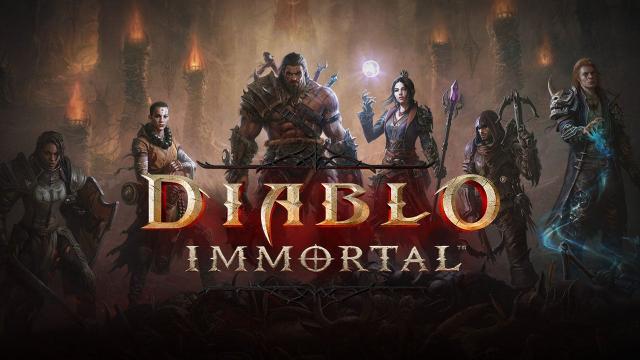
This is the traditional yearly reminder that microtransaction are a blight on the industry, albeit now with evidence, as recently-published research showed that lootboxes in video games are harmful to children. Here's just a small selection of titles that tried to get players hooked on microtransactions this year, although you can probably add a few dozen others to the list as well if you want:
Chocobo GP
Though the full retail version of the game has since removed some of the more egregious in-game purchases, they should never have been in it to begin with. Not only did Chocobo GP feature an in-game store using a premium currency, but the currency itself had an expiration date (it disappeared after five months), so saving for something the player might want to buy on a sale, for example, became impossible after a set time had passed. People who bought Chocobo GP weren't exactly thrilled about this.
Gran Turismo 7
In Gran Turismo 7 the monetization wasn't even activated until after release, so most reviewers weren't able to mention it. Not only did the game itself cost $70 at launch, but individual cars could cost nearly as much as that on their own if bought using the premium currency. The series' director, Kazunori Yamauchi, tried to justify these ridiculous car prices by saying they ”convey their value and rarity”, trying to paint the microtransactions in a positive light as a mark of desirability, rather than greed.
On top of that, initially you couldn't sell cars back to earn in-game credits, just to make the game's economy even more predatory in its attempts to push players towards the microtransaction route. In addition, post-release, the in-game rewards for races were reduced as well, just to further hammer in the real purpose of the game as a product to purchase stuff in, rather than a game to play and enjoy. At least the predictable backlash resulted in some of these things subsequently being corrected.
Diablo Immortal
I'm not going to spend too long on this one, but to put it succinctly, Diablo Immortal is the culmination of just about the worst aspects of all the predatory microtransactions we've seen plaguing the video game industry over the last decade or so. Not only does it have three different currencies - to make things needlessly complicated and difficult to understand - but they're all used for different things. According to fan estimates, in order to level up a single class you would have to spend anywhere between $300k and $600k.
Anyone Still Trying to Put NFTs in Video Games
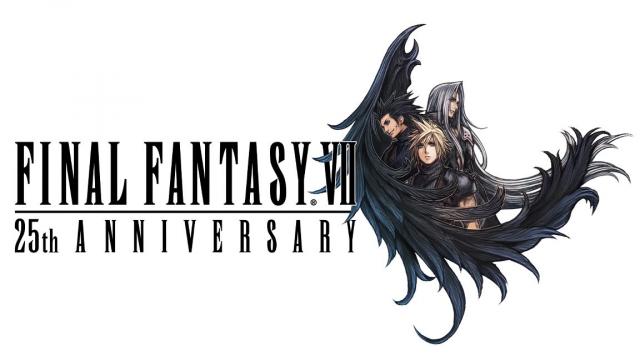
For things that have practically no real-world value, NFTs have managed to endure far beyond what they deserve. They're completely worthless as a thing to own, and are actively harmful to the environment, yet we still have powerful individuals and companies in the video game industry trying to push them onto consumers as the future of video games. Here are just a few notable examples from the last year:
Square Enix CEO Yosuke Matsuda's Letter
The year got off to a great start with the CEO of Square Enix publishing a letter where he effectively endorsed NFTs and blockchain games as the future of the industry. He also talked about how "people who play for fun" are the old, and that we should cater more to "people who play to contribute", or who want to make games more "exciting". That is to say, who want to help make publishers like Square Enix more money by playing games rather than actually enjoying them. A wonderful vision of the future there. Of course, companies like Konami, EA, and Take-Two have also expressed interest in NFTs, so at least Square Enix isn't alone in its folly.
Final Fantasy VII NFTs
Square Enix also plans to create NFTs based on Final Fantasy VII, just in time to "celebrate" the game's 25th anniversary. They're expected to go on sale sometime in 2023. As you might have guessed, fans of the game aren't thrilled about the idea. Basically they're special versions of figures based on characters from the game, and come with a "Digital Certificate of Authenticity", which is just an NFT the figure is saddled with. However, you can purchase the figure without the NFT for $30 less, making the whole thing even more pointless.
Also, remember how the story of Final Fantasy VII talks explicitly about the horrible impact rampant capitalism and profiteering corporations have on the world, the environment, and people? One in which a powerful corporation is causing immeasurable environmental devastation for the sake of profit? Because apparently the leaders at Square Enix don't. Talk about missing the point of the game's story and themes.
Gamestop Launching an NFT Marketplace
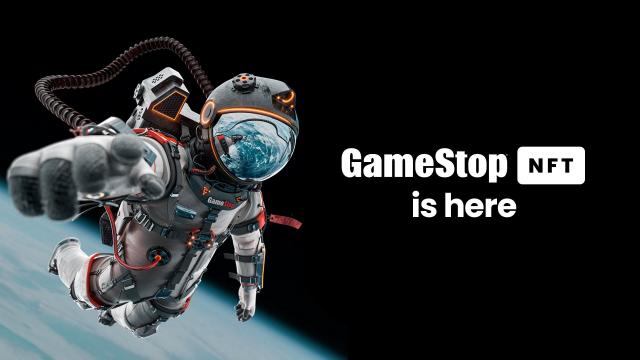
Even companies based around the video game industry have joined in on the NFT scam. Gamestop launched its own NFT marketplace right after laying off over 100 employees. The platform has come under heavy criticism in the months since, often for selling some less than savory pieces of "art" on the marketplace. The most egregious example being an NFT based on one of the victims of the 9/11 terrorist attack, called ”Falling Man”. I won't link it here, but you can find it easily enough if you so wish. Fortunately, the marketplace has proved to be a massive failure for Gamestop thus far, so perhaps we'll start seeing fewer NFTs in general.
Companies Violating Workers' Legally Protected Right to Unionize
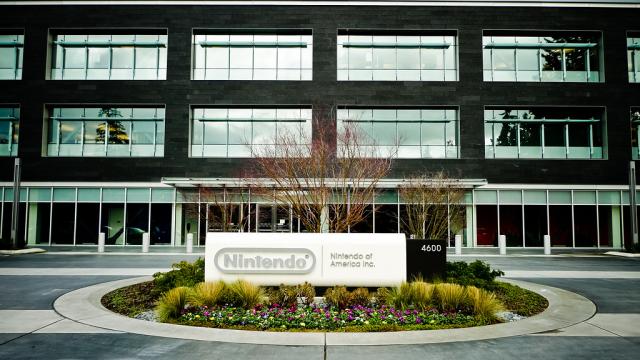
Earlier I mentioned how it's a good thing that people working in the video game industry have begun to unionize much more actively than before over the last year. However, many video game companies aren't exactly overjoyed at the idea of their workers gaining more rights and power over their own futures within said companies. For example, Activision-Blizzard has engaged in union busting activities, as mentioned earlier. Nintendo of America has also violated workers' rights to unionize, and had to pay a fine of $26,000 to a worker who had been fired soon after asking CEO Doug Bowser a question regarding unions during an employee meeting.
Ubisoft Failing to Enact Meaningful Policies Following Worker Abuse & Harassment
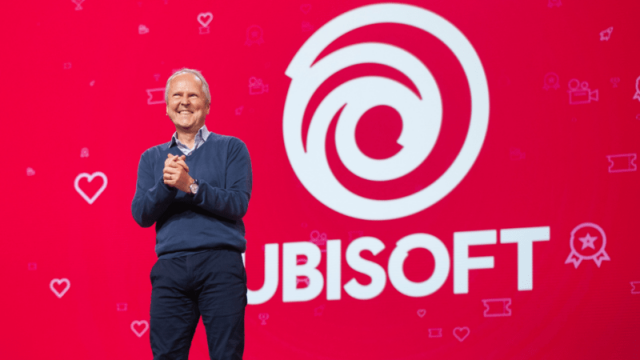
Ever since it first hit the news a few years back, Ubisoft has been desperately trying to sweep the abuse and harassment scandal that rocked the company under the rug. While it's failed to do that, Ubisoft has also failed to enact any meaningful changes to its corporate culture following numerous demands by its workers, despite well over a year having passed since the reports of abuse first came to light. Even with promises of change being made by company president Yves Guillemot, no actual, tangible improvements have happened. Many of the abusers continue to be employed by the company, being moved to different departments to hide their actions, and the environment within remains questionable at best.
The Rest
(The stories and things that aren't quite as important as the ones listed above, but which should still get the flogging they deserve)
People Complaining About Aloy's Appearance
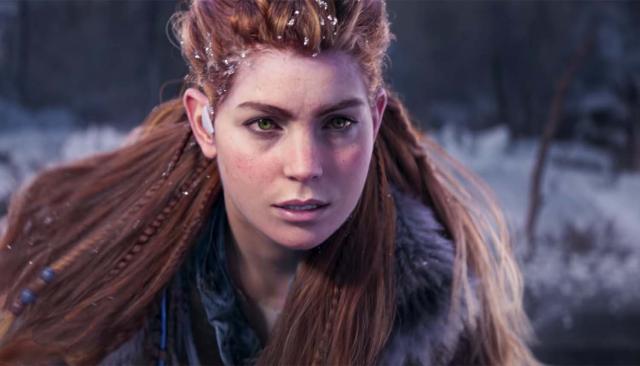
Another yearly tradition here seems to be the usual brigade of whining idiots complaining about a character's appearance. This year, we had people saying that Horizon Forbidden West's protagonist Aloy doesn't look ”feminine” enough, because that's clearly very important. Some were even complaining about Aloy having fuzz hair on her face and asking why she has a beard, apparently not realizing that it's something virtually every woman has unless they make the effort to get rid of it. I'm sure Aloy would have plenty of time to worry about facial hair in a post-apocalyptic world filled with robots seeking to kill her. I feel like these people haven't spent much time around women, though that might be for the better.
Company Leaders Celebrating Crunch
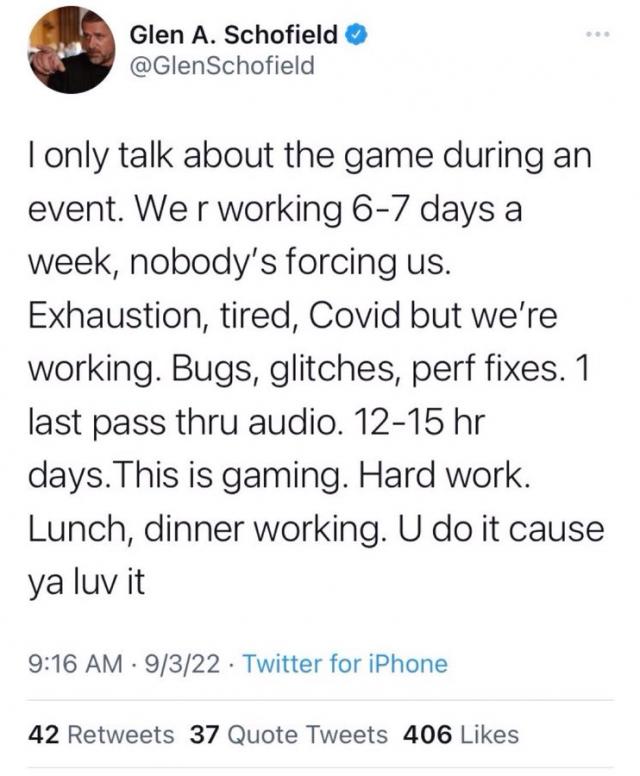
Next we have the continued glorifiation of crunch culture within the video game industry as an integral part of making video games. This topic has been covered exhaustively in the past, but to put it simply: crunch is a failure of leadership, and any such period that lasts more than a week, let alone a month or longer, only shows that the company lacks people with the planning and leadership skills necessary to properly map out a game's development cycle. Anyone actually celebrating the practice of crunching as admirable, or who considers it an integral part of video game development, should not have a job in the industry.
Nintendo's Archaic Stance on Emulation
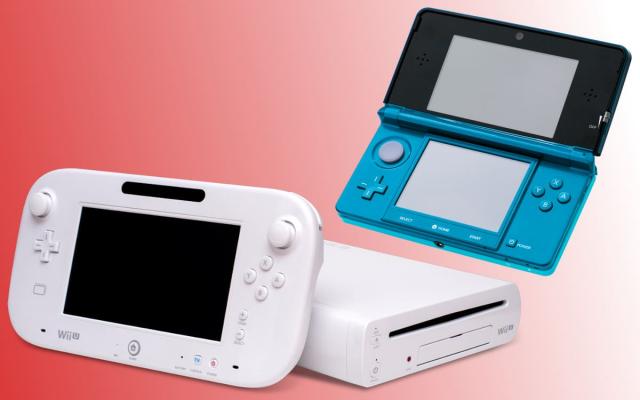
From suing people to shutting down sites hosting roms and emulators, Nintendo has consistently been steadfast in its stance against any kind of emulation of games on any of their consoles, going back years at this point. This is not an issue just with Nintendo, but the company's ridiculously strict policy on emulation puts it at the forefront of this issue. While other companies tend to be quite lax about people emulating games from older systems, Nintendo has been willing to go to court to shut down ROM sites hosting games for its legacy platforms. I can understand this if someone is trying to make money by selling said games, but outside of that it comes off as petty and unnecessary.
Now, this wouldn't necessarily be a problem if there was an easy and relatively cheap way to buy and play all of these titles, but that's obviously not the case. For various reasons, there are literally hundreds of games across dozens of different platforms that are not available anywhere for purchase unless you happen to own the original hardware and can find a used copy somewhere. Right now, in Europe, if I don't own the original physical copies of these games there is no way for me to legally play: Actraiser, The Legend of Dragoon, Bahamut Lagoon, the entire Shadow Hearts series, Alundra, Space Station Silicon Valley, Terranigma, or hundreds of other games like these on just about every console ever released. With the constant threat of closure for a number of online storefronts looming ahead (the PS3 and Vita stores barely escaped closure last year, and the WiiU and 3DS shops will be closing down in 2023), this issue will only get worse as more and more games become unavailable for purchase.
Awful 'Fans' Harassing Creators & Voice actors
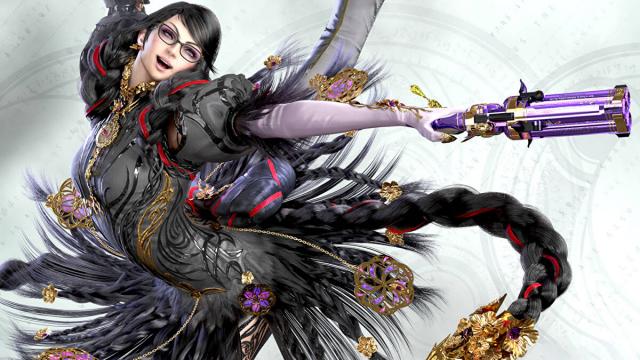
A year of video games wouldn't be complete without certain groups of fans acting like entitled little children whining about not getting everything they want in exactly the way they demand to have them. As an example, when the Return to Monkey Island was announced, some cretins who professed to be fans of the original games didn't like the new title's art style. These people decided the reasonable course of action would be to send personal attacks to Ron Gilbert, the designer of both the first two games and this most recent sequel. The end result was that Gilbert shut down his personal blog and stopped giving updates to people about the game, saying that ”I won't be posting any more about the game, the joy of sharing has been driven from me.” So, good job there. I Hope the fans in question were happy.
In a very similar vein, Bungie has actively decreased its level of communication with fans after several of its developers were harassed by Destiny 2 players when the studio made statements about the game some of those players didn't like.
Finally, the most recent example I'm including here is the controversy that surrounded Bayonetta 3 and the change in the titular character's voice actress. The character's previous voice actress, Hellena Taylor, was replaced in the role by Jennifer Hale and made some statements that later proved to be not entirely true, among some other unfortunate discoveries that came to light about her soon after. As a result of this change, some fans seemed to think Hale was the one at fault in the situation, and proceeded to harass and send threats to her, responding to the change in the only logical way they could think of: acting like petulant children.
Video Game Price Increases

Along with the new console generation came news that many video game publishers were considering raising the price point of their games, with the excuse being that the cost of developing games had become so high that it was necessary to cover these costs by making the games themselves more expensive for consumers. Microsoft is the most recent company to join these ranks. Of course, this ignores the fact that most of these companies have been announcing record profits on an almost yearly basis, despite the supposed "unfeasible" traditional price point of just $60.
There's also the minor detail that most of these games are filled with microtransactions, premium currencies, loot boxes, and DLC packs, so it's been a long time since any of them were really "only" $60. If we're talking about a pure single player game with no additional costs on top of the entry fee then I can understand the price increase to a certain extent, but otherwise it's disingenuous to claim that prices need to increase to cover the cost of development. Many of these publishers are already making ridiculous amounts of money from all the extra stuff they sell within their games; the price increase is just so that they can make a little bit more on top of everything else.
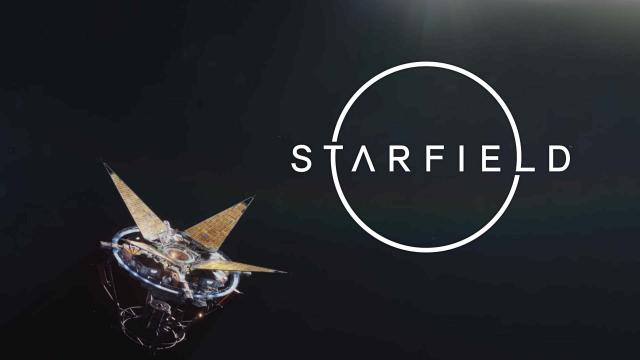
That's it for the winners and losers of 2022. As always, there's no way for me to include every good and bad thing that has happened over the last 12 months, or this article would take hours to read, so feel free to add your own personal choices in the comments below. What were the best and worst things that happened in 2022 in the world of video games in your opinion?
You can contact the author on Twitter @TheDarashiva
More Articles
Disagree on a few of these you have listed as wins and losses and would reverse them personally, but otherwise I agree with the rest.
I feel like that original Bayo voice actress should have been the Looser instead of fans. Srry but she fuled the whole thing up and she asked for boycott and made this whole thing into hatred and fight and was LYING.
It still amazes me that a AAA company would intentionally put their NFT/blockchain stuff under the "Quartz" label. Literally the "no, that's too obvious" Simpsons-meme tier.
I completely forgot about the Aloy looking different thing. I played it. Didn't notice a thing.
Nintendo needs to get their heads out of their ass regarding emulation, AND regarding unions.
All I see in this article is NFTS like who made that trash a big deal haha








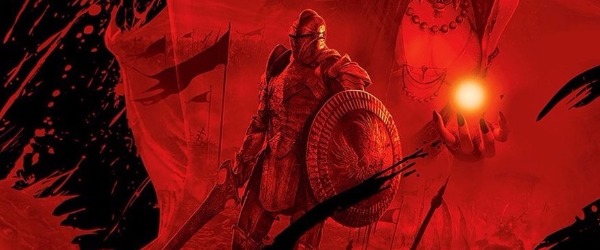
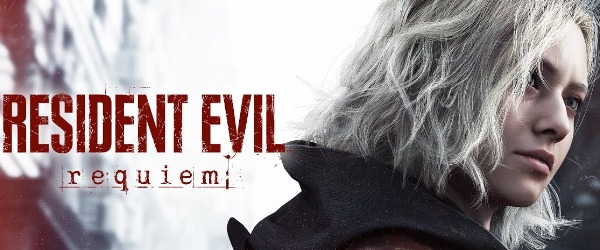
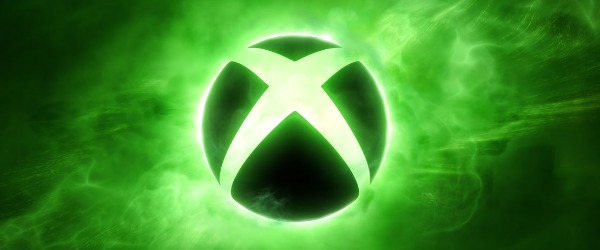
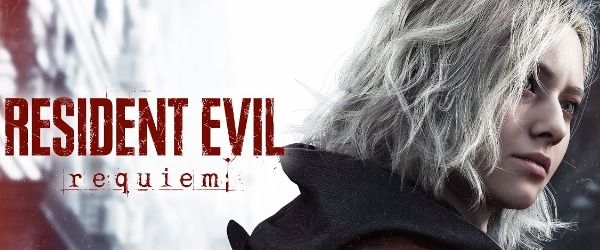










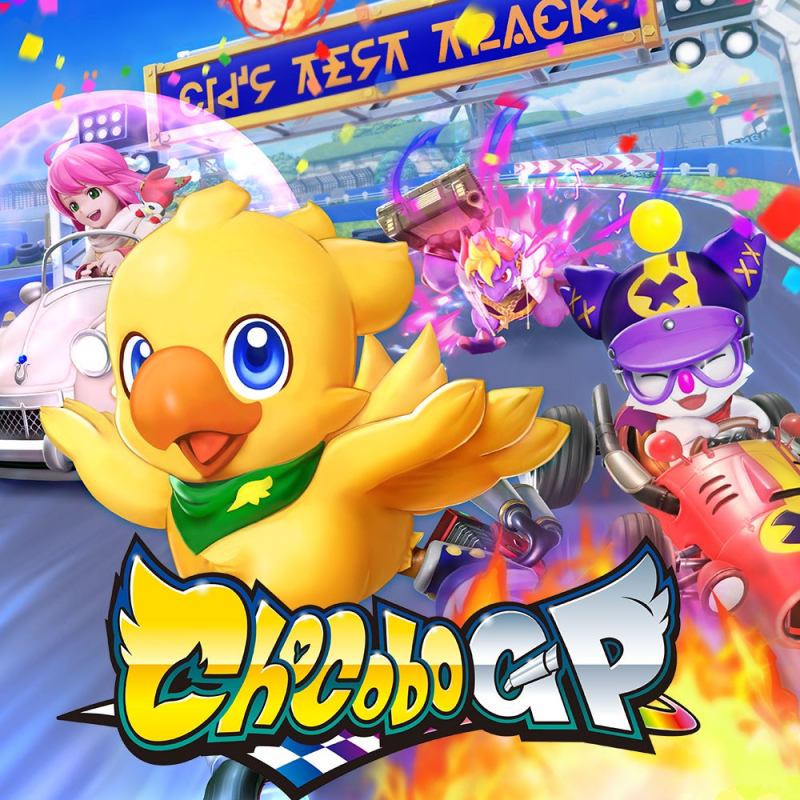

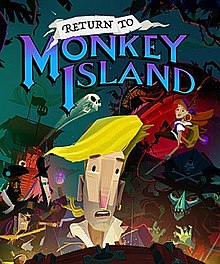

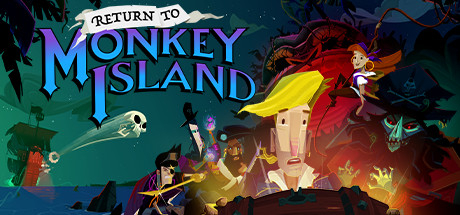
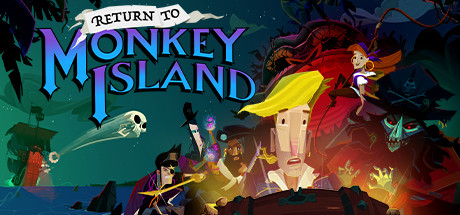

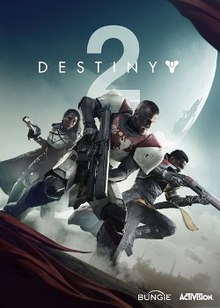


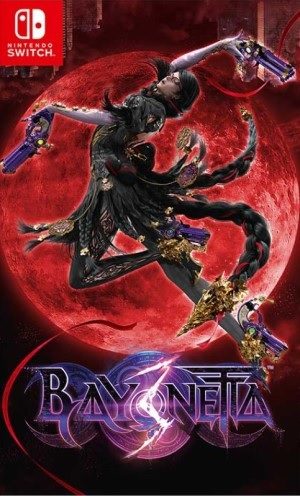
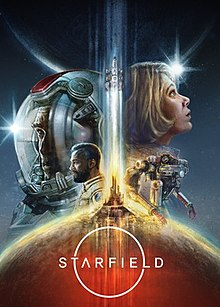

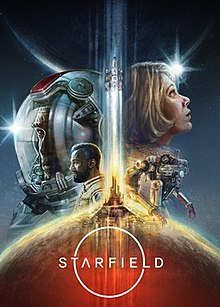
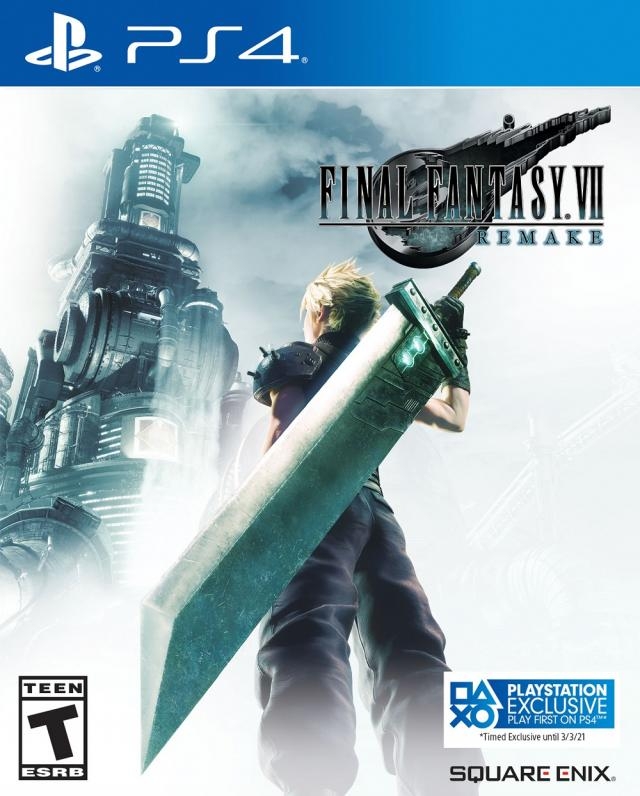

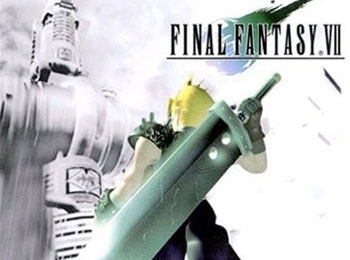






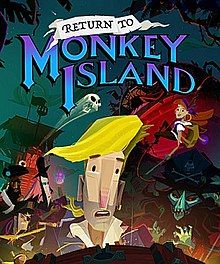
 Essay Pro
Essay Pro